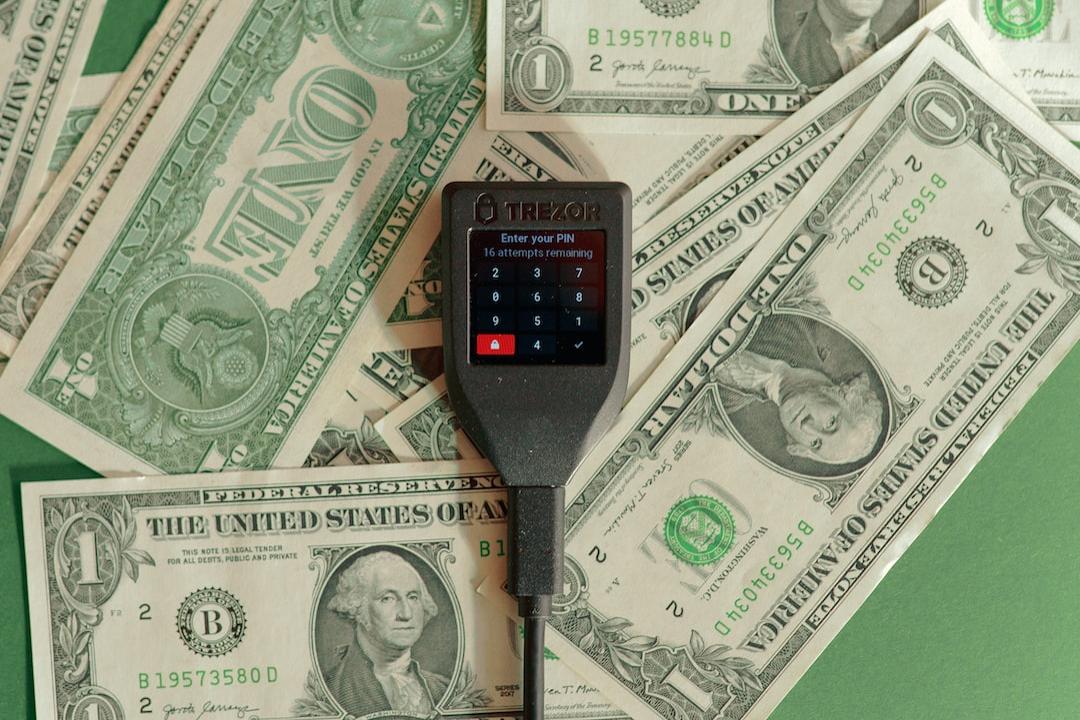After reaching a plea agreement with the U.S. Department of Justice (DOJ) and other regulatory agencies in November last year, Binance had its agreement officially approved by the court on the 23rd of this month. The court ordered Binance to pay a fine of $4.3 billion, creating a record for the largest fine in a cryptocurrency criminal case. However, Binance’s lawsuit with the Securities and Exchange Commission (SEC) is still ongoing.
In November last year, Binance reached a settlement and pleaded guilty to the DOJ, the Commodity Futures Trading Commission (CFTC), the Office of Foreign Assets Control (OFAC), and the Financial Crimes Enforcement Network (FinCEN). The court officially approved the previously announced plea agreement between these institutions and Binance, requiring Binance to pay a fine of $4.3 billion, becoming the largest fine in the history of cryptocurrency criminal cases.
In November last year, Binance admitted to allowing transactions with Hamas and other terrorist organizations on its platform. It also admitted to three charges, including money laundering, operating an unlicensed money transfer business, and violating U.S. sanctions. Binance’s founder, CZ, admitted to violating the Bank Secrecy Act and is expected to be sentenced on April 30.
Binance spokesperson: Significant implementation of the plea agreement
According to The Block, a Binance spokesperson stated in a statement that as part of the agreement, the U.S. Department of Justice and the Financial Crimes Enforcement Network required Binance to appoint an “independent monitor.” The Department of Justice requires the independent monitor to be maintained for at least 3 years, while the Financial Crimes Enforcement Network requires 5 years. In addition, Binance also needs to appoint a new CEO, which has been taken over by Richard Teng, who has extensive regulatory experience.
On the 16th, Bloomberg reported, citing informed sources, that the independent monitor for Binance may be promoted from the New York law firm Sullivan & Cromwell, which is responsible for the FTX bankruptcy case. Sharon Cohen Levin, a partner at the firm and former federal prosecutor, may lead the monitoring team for Binance.
Ongoing lawsuit with the SEC
However, the lawsuit between Binance and the U.S. Securities and Exchange Commission (SEC) is still ongoing. In June last year, the SEC filed a lawsuit against Binance Holdings, Zhao Changpeng, Binance US, and others, bringing 13 charges against the defendants, alleging that the defendants operated an unregistered exchange, illegally provided and sold securities to U.S. investors, mishandled customer funds, and more.
Binance attempted to dismiss the SEC lawsuit. On January 22, it had a 4-hour hearing with the SEC at the U.S. District Court for the District of Columbia and cited the “major questions doctrine.” This doctrine states that an agency needs explicit congressional direction to issue rules with significant economic or political impact.
However, Judge Amy Berman Jackson questioned Binance’s position and asked Binance’s lawyer how they believed the SEC had no authority to apply securities laws to cryptocurrencies. She also expressed skepticism that this case falls under the major questions doctrine. The judge has not yet decided whether to dismiss the case.
Related Reports
Big Volatility Alert! Binance Confronts SEC in Hearing Tonight, Seeks Dismissal of Lawsuit by Court
Binance’s $4.3 Billion Fine May Be Paid Entirely in Cash, New CEO Confident: Business Foundation Extremely Stable
Cost of Binance Settlement: Regular Reporting to the U.S., Unlimited Access to Binance’s Books and Systems by the Treasury for Five Years

